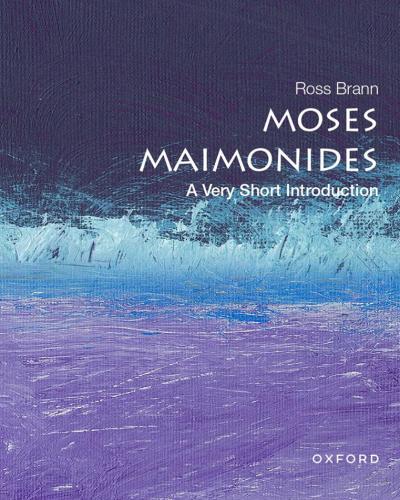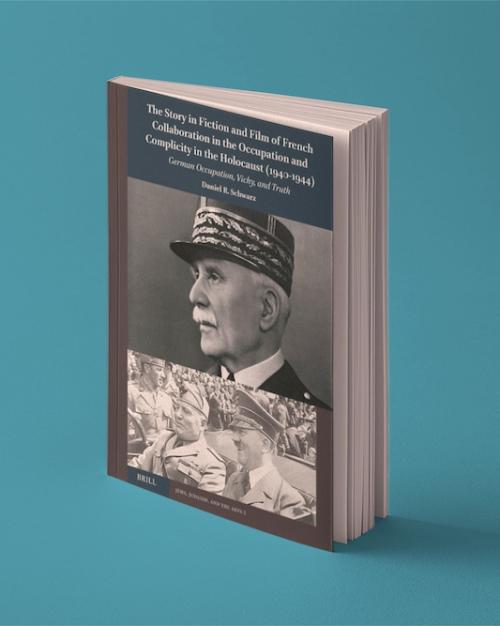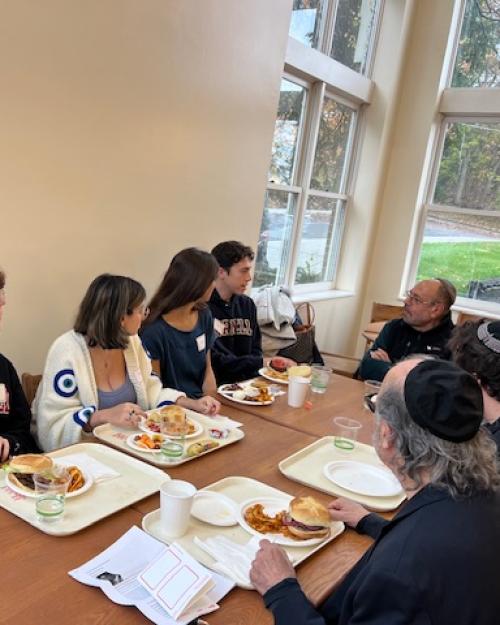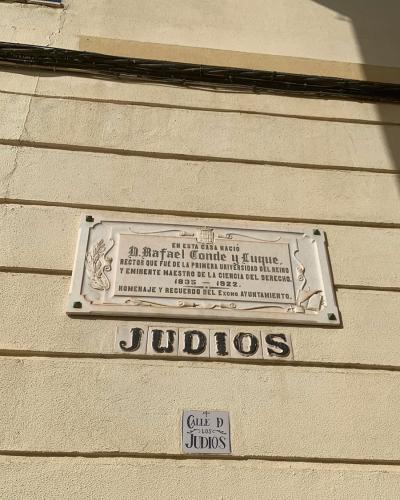Making Space: Peopling and Placing the Matter of Jewish Studies
Location & Date:
Monday to Tuesday, April 15-16, 2024
Cornell University, Ithaca NY
Submission deadline:
15th December 2023
Online Application
Subject fields:
Jewish Studies, Anthropology, History, Material Culture Studies, Gender and Feminist Studies, Book History, Critical Heritage Studies, Media Studies, Cultural Geography, Folklife studies, Ethnography
Description:
Networks of cultural production and transmission have long engaged scholars in Jewish studies. Recent decades signal a turn toward issues of corporeality and materiality (e.g. Kirshenblatt-Gimblett, 2005), continuity and flux (e.g. Baumgarten & Rustow, 2011), and an increased use of modern technologies to trace movements and define networks (e.g. Footprints, Shweka et al, 2013). These developments have often coincided with the reassessment of dominant cultural and historical narratives and have led scholars to reconsider the social and political hierarchies that position accounts of Jewish women, lay or non-rabbinic figures, and other underrepresented communities at the periphery (e.g. Francesconi & Winer, eds., 2021). Keeping in mind the profound entanglements of knowledge production and historical representation, "Making Space: Peopling and Placing the Matter of Jewish Studies" aims to foreground critical interventions in the study of Jewish histories and cultures without privileging rhetorical, material, historical, or contemporary modes of crafting and disseminating culture in both public and private spheres.
This one-and-a-half-day conference welcomes applications from graduate students whose research intersects Jewish studies and other fields in the humanities and social sciences, such as art history, literature, gender and feminist studies, book history, media studies, and critical heritage studies. We encourage submissions that reflect unconventional approaches to the field of Jewish studies as a means of making space for new ways of addressing history and giving voice to marginalized and minoritized identities and experiences. Relevant topics may include, but are not limited to, the place of primary source material (archival, ethnographic, literary, etc.) in producing critical historiographies of Jewish lifeways, the representation of Jewish collectivities in predominantly non-Jewish milieus, non-majority Jewish experiences within broader Jewish spheres, the intersections of public and private/domestic spheres, and economies of production.
Lodging will be provided to all successful applicants. Limited funding for travel-related expenses can be requested and, if awarded, will be reimbursed following the conference. For applicants who plan to attend in-person, please indicate on the online application form 1) whether you are interested in applying for support and 2) the sum requested and an itemized justification. Papers that engage critically and that clearly relate to the themes of the conference will be prioritized.
Further details about the conference keynote lecture, program, and events are forthcoming.
How to apply:
Anyone enrolled in a graduate program as of April 2023 is welcome to apply. Applications must be submitted via this online form, which will ask you to provide a title for your paper, an abstract explaining your research and its connection to the conference theme (250-350 words), and contact information including your preferred name, affiliation, and email address. Submissions should be made by 15th December 2023.
While the conference will be held in-person, special accommodation will be made for those who are unable to travel to Ithaca. Please indicate on the application form if you anticipate requiring remote access as a potential presenter. Please note that your ability to attend in-person will not impact your application.
Decisions will be sent out via email by 30th December 2023.
Contact Information:
If you have any questions about the conference or issues accessing the online application form, please email graduate student organizers Rachel Cilia-Werdmölder and Jaimie Luria at jewishstudies@cornell.edu.





